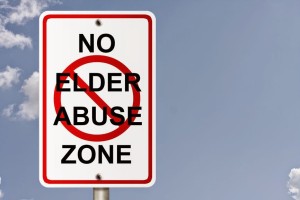Many California nursing homes ask residents or their family members to sign arbitration agreements as a part of the admissions process. These agreements purport to mandate arbitration instead of litigation when disputes arise. Some nursing homes try to force people into arbitration over
nursing home abuse claims. However, arbitration agreements must be valid, enforceable, and conscionable to be enforced. In
Maxwell v. Atria Management Company, LLC, Cal. Ct. App. Case No. A168043, the Court of Appeal decided whether a trial court’s denial of a motion to compel arbitration was valid when two adult children held separate powers of attorney and there were questions about whether the agreement was properly executed.
Factual and Procedural Background
Trudy Maxwell lived in Atria Park, a nursing home operated by Atria Management Company, LLC in San Mateo. In 1999, she had signed a durable power of attorney that named her husband as her agent-in-fact with her son, James Maxwell the III, named as the successor, and Marybeth as the second successor in the interest of the DPOA. In 2005, Trudy signed an advanced healthcare directive in which she named her husband as her agent-in-fact for healthcare decisions and listed her son, James Maxwell III, as the first alternate and her daughter, Marybeth, as the second alternate.
 California Accident Attorneys Blog
California Accident Attorneys Blog



